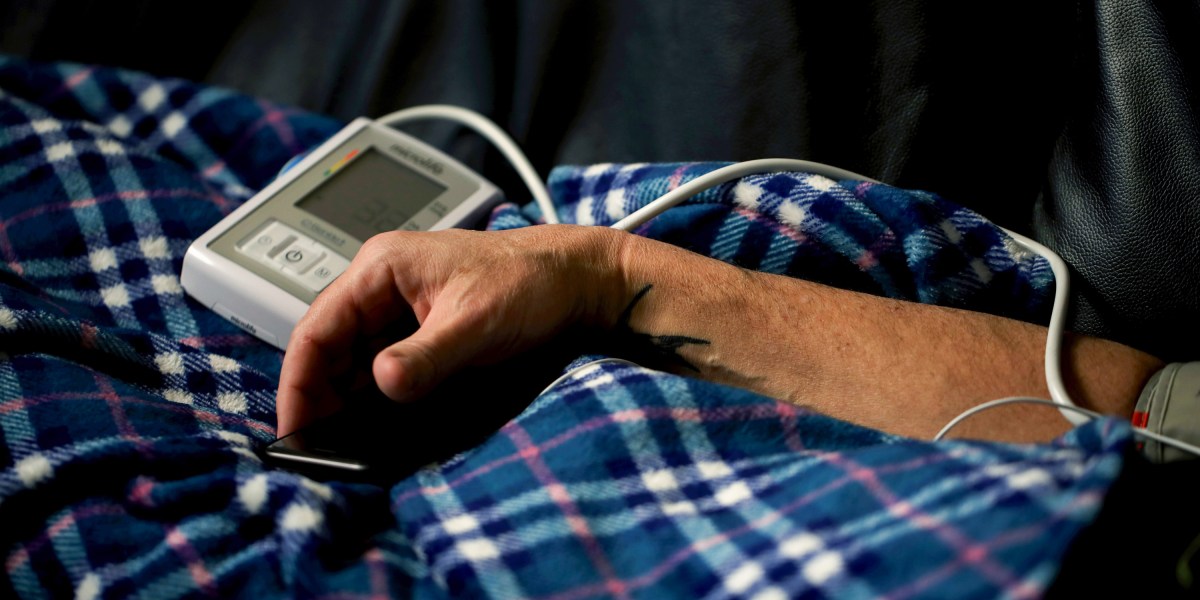A year or so ago, I talked with a man who said ketamine saved his life. He had been depressed, contemplating suicide, and then found a psychiatrist who prescribed him ketamine lozenges. Ketamine is used as an anesthetic, but some studies suggest it also holds promise as a treatment for depression and other psychiatric disorders. So many doctors prescribe the medication to people with those conditions, even though it’s not approved to treat them.
Ketamine is actually pretty easy to find. I’ve gotten social media ads for online ketamine clinics, and you probably have too. According to the FDA, it might be a little too available. Last week, the agency issued a warning against the use of compounded versions of ketamine to treat psychiatric disorders, especially oral dissolving versions that make it possible to use the medication at home. “The lack of monitoring for adverse events, such as sedation and dissociation, by an onsite health care provider may put patients at risk,” the letter states.
So how did we get here? Let’s take a step back.
Ketamine is FDA approved for general anesthesia. It is not approved for the treatment of any psychiatric disorder, a point that the warning letter makes abundantly clear. (The nasal spray, Spravato, which is FDA approved to treat depression, contains esketamine, which is only one of the two molecular forms found in ketamine.)
But just because ketamine isn’t FDA approved for psychiatric problems doesn’t mean doctors can’t prescribe it for such uses. They can and often do. It’s called off-label use. When used for anesthesia, ketamine is delivered intravenously or as an injection, both of which require a health-care professional. And many clinics offer ketamine this way for depression too.
But compounding pharmacies can create custom-made formulations of ketamine that can be taken at home, including nasal sprays and oral versions. These formulations are not FDA approved, meaning the agency has not verified their safety or effectiveness—hence the warning letter.
Ketamine has become especially readily available in the past several years. When the government relaxed the rules around telehealth access to controlled substances during the pandemic, a new opportunity arose. Suddenly doctors could prescribe ketamine without ever seeing the patient in person, and then pharmacies could ship out an oral formulation to take at home. “Startup companies cropped up almost overnight,” according to one Medscape article.
Ketamine, like all drugs, does come with some risks. At high doses, the medication can induce a trance-like state, where users feel numb and dissociated from their body. It can spark hallucinations.
